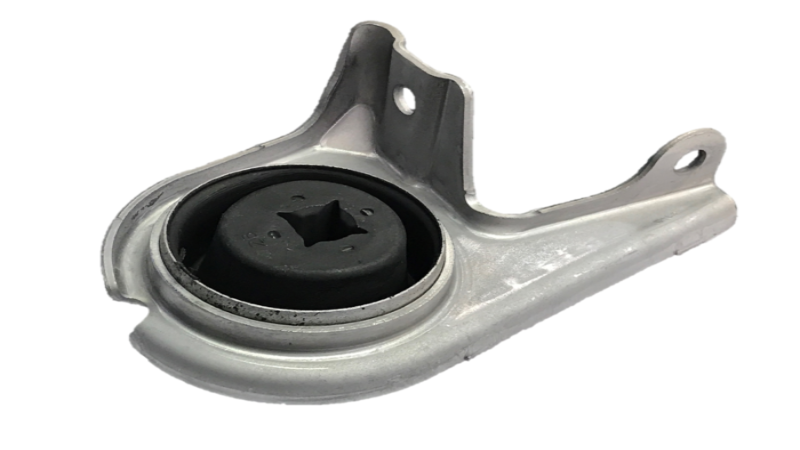The longevity and reliability of automotive components are crucial in today’s demanding transportation environment. Vehicles are frequently exposed to harsh conditions—rain, snow, road salts, and fluctuating temperatures—all of which accelerate the wear and tear of metal parts. To address these challenges, manufacturers and engineers are turning to advanced surface treatments that extend the working life of critical components. One of the most effective innovations in this arena is Zinc Nickel Plating Corrosion Resistance, a solution that is gaining significant traction in the automotive industry for its outstanding protective properties.
Why Corrosion Resistance Matters in Automotive Applications
Corrosion is more than just an aesthetic problem—it directly impacts the safety, performance, and lifespan of vehicles. When metal parts corrode, their structural integrity is compromised, leading to potential failures and costly repairs. Automotive manufacturers seek solutions that not only prevent rust but also withstand the harshest environmental conditions without degrading. This is where advanced plating technologies like zinc nickel plating become essential.
The Science Behind Zinc Nickel Plating
Zinc nickel plating is an electrochemical process that deposits a protective layer of zinc and nickel alloy onto the surface of metal parts. Typically, this coating contains about 12-15% nickel, which significantly increases corrosion resistance compared to standard zinc coatings. The unique combination of zinc and nickel creates a synergistic effect, offering remarkable durability even in aggressive environments.
Key benefits of zinc nickel plating include:
• Superior Corrosion Protection: The alloy provides a robust barrier against moisture, salt, and other corrosive agents.
• Enhanced Wear Resistance: Components last longer due to increased hardness and reduced friction.
• Improved Adhesion: Paints and adhesives adhere better to plated surfaces, supporting further manufacturing processes.
• Uniform Coating: The process ensures even coverage, protecting intricate shapes and hard-to-reach areas.
Automotive Applications and Advantages
Zinc nickel plating is widely used across the automotive sector, particularly for parts exposed to severe environmental stress. Common applications include brake calipers, fuel system components, fasteners, and chassis parts. By implementing this technology, manufacturers achieve:
1. Extended Component Lifespans: Parts remain functional longer, reducing maintenance requirements.
2. Reduced Warranty Claims: Enhanced protection means fewer failures and returns.
3. Cost Savings: Lower replacement and repair costs improve overall vehicle value.
4. Compliance with Industry Standards: Zinc nickel coatings meet or exceed stringent automotive specifications for corrosion resistance.
Environmental and Operational Benefits
Beyond performance improvements, zinc nickel plating also offers environmental advantages. The process is more environmentally friendly than some traditional coatings, as it reduces the need for frequent part replacements and minimizes the environmental impact of corrosion-related waste. Additionally, the technology is compatible with modern manufacturing processes, supporting efficient production without compromising quality.
Incorporating innovative surface treatments like zinc nickel plating is a proven strategy for addressing the relentless challenge of corrosion in automotive environments. By leveraging the advanced properties of zinc nickel alloys, manufacturers can deliver vehicles that perform reliably under tough conditions, while consumers benefit from longer-lasting, safer cars. As the industry continues to evolve, solutions that prioritize durability and sustainability will remain at the forefront, ensuring that the vehicles of today and tomorrow stand the test of time.

